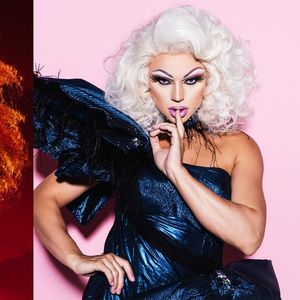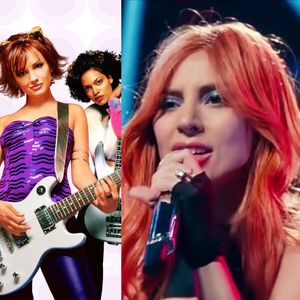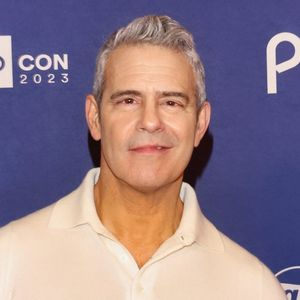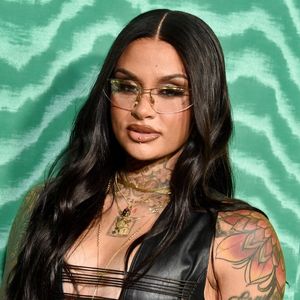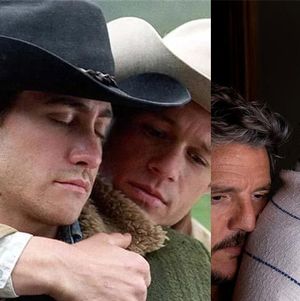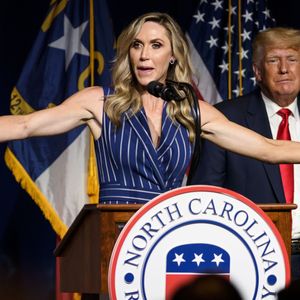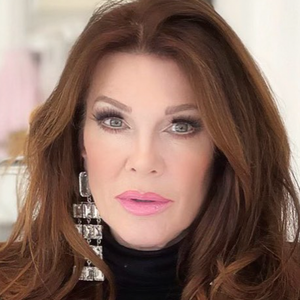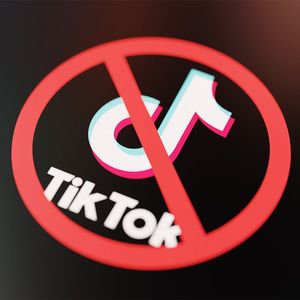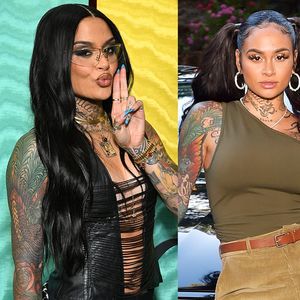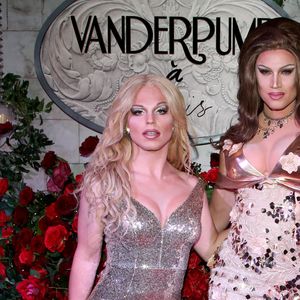CONTACTStaffCAREER OPPORTUNITIESADVERTISE WITH USPRIVACY POLICYPRIVACY PREFERENCESTERMS OF USELEGAL NOTICE
© 2024 Pride Publishing Inc.
All Rights reserved
All Rights reserved
By continuing to use our site, you agree to our Private Policy and Terms of Use.
Three Bay Area amateur softball players are suing a national gay sports association for alleged discrimination after officials questioned their sexuality and disqualified them following a 2008 championship game.
In a rare instance of an LGBT legal advocacy group suing a gay organization, the National Center for Lesbian Rights on Tuesday filed suit on behalf of the players in U.S. district court for the western district of Washington. According to the complaint, NCLR alleges that the North American Gay Amateur Athletic Association (NAGAAA) broke state public accommodations law by enforcing a discriminatory rule that only two heterosexuals can play on each team.
NCLR further claims that during the 2008 Gay Softball World Series in Seattle, NAGAAA officials interrogated the three plaintiffs, whom a competing team had suspected of being straight, about their sexual orientation. All three have asserted that they are bisexual.
"Sports leagues are all about fair play, diversity, and inclusion," NCLR staff attorney Melanie Rowen said. "Unfortunately, when our clients traveled with their team to the Gay Softball World Series, what they got instead was an atmosphere of hostility, discrimination, and suspicion."
An attorney for NAGAAA denies the allegations and said the league, a private organization, broke no public accommodations laws.
According to the complaint, the San Francisco-based team, D2, was challenged by a competing team in its division during the world series championship game. "We had momentum," plaintiff LaRon Charles told The Advocate. But the team lost after the game was interrupted several times and protests were lodged about the sexual orientation of several players on the team. "It was the first time we were in a championship game, and a lot of people didn't understand how emotional our team was about that. We worked really hard," Charles said.
Following the game, five D2 players were summoned one by one to a windowless room filled with more than 25 people and questioned by NAGAAA delegates about their sexuality. "There was a six-person panel, but the rest of the people there had no business being there," Rowen said. "This was a room of people assembled because they wanted to see this go down."
Charles and co-plaintiffs Steven Apilado and Jon Russ said that NAGAAA officials read definitions of "heterosexual" and "gay" and asked which word applied to them. When Charles answered both, an official allegedly told him, "This is the Gay World Series, not the Bisexual World Series." When asked the same set of questions, Russ declined to answer.
The three plaintiffs in the case were voted to be "nongay" and were subsequently disqualified.
Two white players from D2 were also questioned about their sexual orientation but were not disqualified. NCLR alleges that race may have been a motivating factor in the decision to disqualify its clients (two are African-American, and one is of African-American and Filipino descent).
Speaking on behalf of NAGAAA, Beth Allen, a Portland, Ore.-based attorney who specializes in LGBT-related legal issues and represents the sports association in the suit, said that NAGAAA "agrees that if they were a public accommodation, they could not limit players on the basis of sexual orientation. But they're a private organization, seeking to provide a forum for gay and lesbian athletes, or those who would like to become athletes, to play ball together in an environment where they don't face any type of discrimination. ... It is not an unusual situation to have a softball league that is organized by principle on a protected class." (NAGAAA has not yet responded to the complaint in court.)
Allen further said that she found the suit brought by NCLR to be "very disheartening."
"Certainly I've seen infighting in the community. Anyone who's worked for our rights has seen infighting, because we're all human," Allen said. "But as I've told [NCLR executive director] Kate Kendell, it baffles me why they've taken on this case. Why is the National Center for Lesbian Rights asserting this claim on behalf of three poor beleaguered straight men? I don't get it."
Kendell said the suit "makes very clear that the core issue in the case is that sexual orientation discrimination is harmful, demeaning, and stigmatizing. What these players were subjected to in terms of inquiry about their private sexual lives was a violation, not only of the softball association's own rules but also Washington state law."
"[Allen's] response is what's baffling," Kendell added.
Founded in 1977, NAGAAA currently has 10,000 members, 680 teams, and 36 leagues in the United States and Canada, according to its website.
Helen Carroll, NCLR's sports project director, called bisexuals an invisible group in LGBT amateur sports leagues. "It's so atrocious that a person can look at bisexuals and say that they're not gay enough to participate. What's pointed out in our case is this real need for LGBT [athletic groups] to be more inclusive of all groups -- and that also includes people of color."
Carroll also said that LGBT sports groups like the Amateur Sports Alliance of America, a women's softball league, are increasingly welcoming to "straight athletes that contribute to a positive sports atmosphere of total support and inclusion."
In its suit NCLR claims it attempted to reach out to the league about its policies before filing thesuits. The group demands that NAGAAA eliminate its code regarding "gay" and "heterosexual" classifications.
The NCLR legal complaint is available here.
Want more breaking equality news & trending entertainment stories?
Check out our NEW 24/7 streaming service: the Advocate Channel!
Download the Advocate Channel App for your mobile phone and your favorite streaming device!
From our Sponsors
Most Popular
Here Are Our 2024 Election Predictions. Will They Come True?
November 07 2023 1:46 PM
Meet all 37 of the queer women in this season's WNBA
April 17 2024 11:24 AM
17 Celebs Who Are Out & Proud of Their Trans & Nonbinary Kids
November 30 2023 10:41 AM
Here Are the 15 Most LGBTQ-Friendly Cities in the U.S.
November 01 2023 5:09 PM
Which State Is the Queerest? These Are the States With the Most LGBTQ+ People
December 11 2023 10:00 AM
These 27 Senate Hearing Room Gay Sex Jokes Are Truly Exquisite
December 17 2023 3:33 PM
10 Cheeky and Homoerotic Photos From Bob Mizer's Nude Films
November 18 2023 10:05 PM
42 Flaming Hot Photos From 2024's Australian Firefighters Calendar
November 10 2023 6:08 PM
These Are the 5 States With the Smallest Percentage of LGBTQ+ People
December 13 2023 9:15 AM
Here are the 15 gayest travel destinations in the world: report
March 26 2024 9:23 AM
Watch Now: The Daily
Trending stories from our video partner Advocate Channel.
For more videos and shows go to advocatechannel.com.
Trending stories from our video partner Advocate Channel.
For more videos and shows go to advocatechannel.com.
Latest Stories
The 'largest bi+ event in the world' is happening this year. Here's when and where
April 24 2024 12:42 PM
What happens if Donald Trump is jailed for criminal contempt?
April 24 2024 12:22 PM
Megan Rapinoe, Sue Bird, and more urge NCAA to stand up for trans inclusion
April 24 2024 8:00 AM
Over 90% of trans youth live in states pushing anti-trans legislation: report
April 23 2024 10:08 PM
George Santos pulls out of New York congressional race
April 23 2024 7:04 PM
Trending stories
Most Recent
Recommended Stories for You





























































